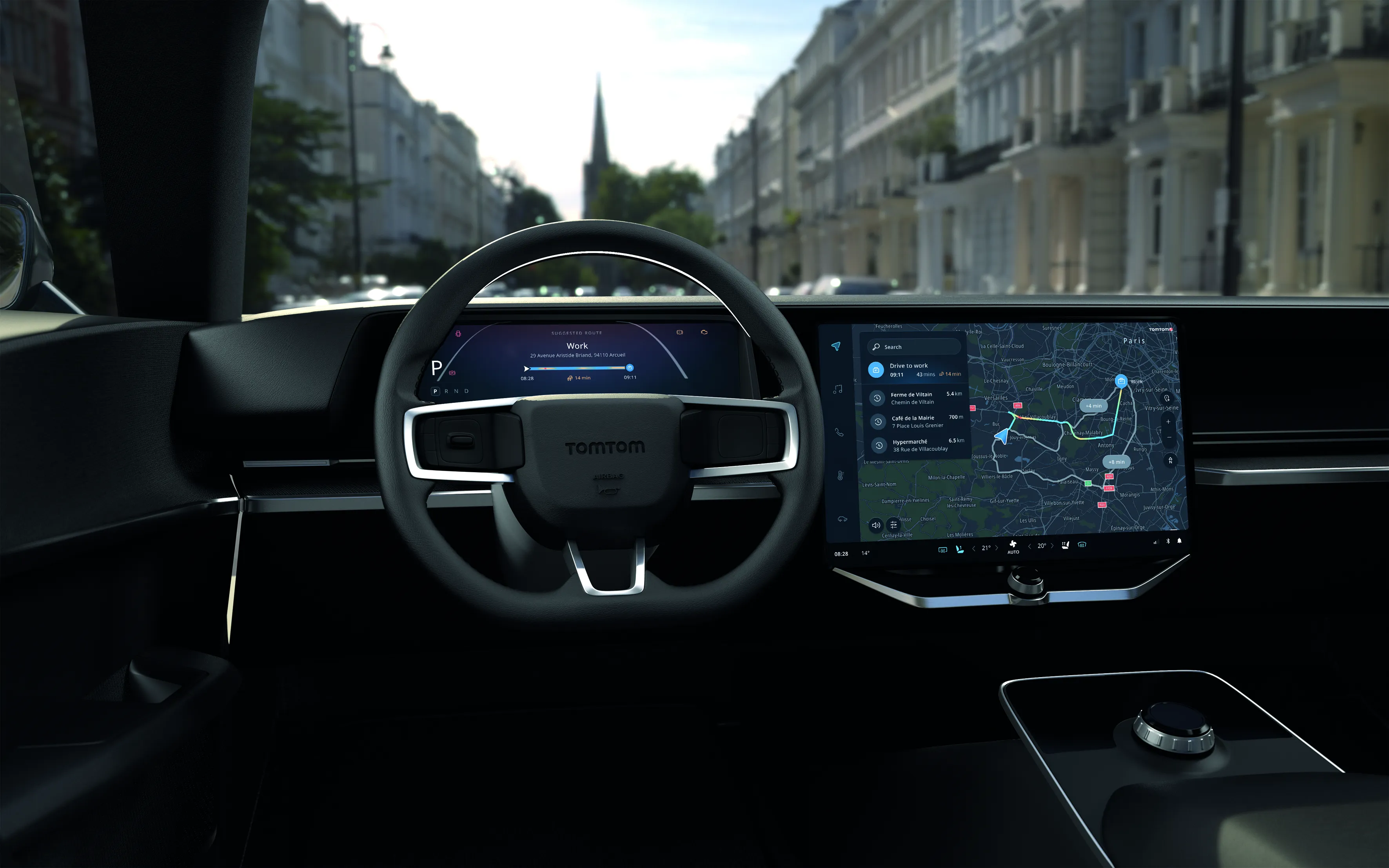Anglo-Australian parking technology supplier
Over the last 12 months, Hobart City Council has begun to formulate and introduce state-of-the-art Smart City solutions.
The city’s smart parking solution comprises of
The contract will see the installation of 2,100 in-ground vehicle detection sensors to collect and transmit real-time data to Hobart City Council via Smart Parking’s back-office management reporting software and parking availability smartphone application, giving residents live data on available parking spaces.
Parkeon colour screen meters offer a splash-screen so the Council can monitor parking in downtown Hobart, advertise and even display missing person notices or law enforcement messages. Hobart’s meters will accept payment by ApplePay.
New Zealand company Arthur D. Riley’s (ADR) enforcement and parking payment applications are also fully integrated with the Parkeon meters and vehicle detection sensors. The new smart city solution aims to reduce traffic congestion, help tourists navigate the city more easily and assist motorists to find and pay for parking.
Smart Parking Secures Hobart City Council Contract
Anglo-Australian parking technology supplier Smart Parking has been awarded the contract by Hobart City Council to implement its vehicle detection sensor solution in Tasmania’s capital city, in partnership with Australian Parking and Revenue Control (APARC). Over the last 12 months, Hobart City Council has begun to formulate and introduce state-of-the-art Smart City solutions. The city’s smart parking solution comprises of Parkeon seven-inch colour screen parking meters, integrated enforcement, sensors, a m
August 17, 2017
Read time: 2 mins









